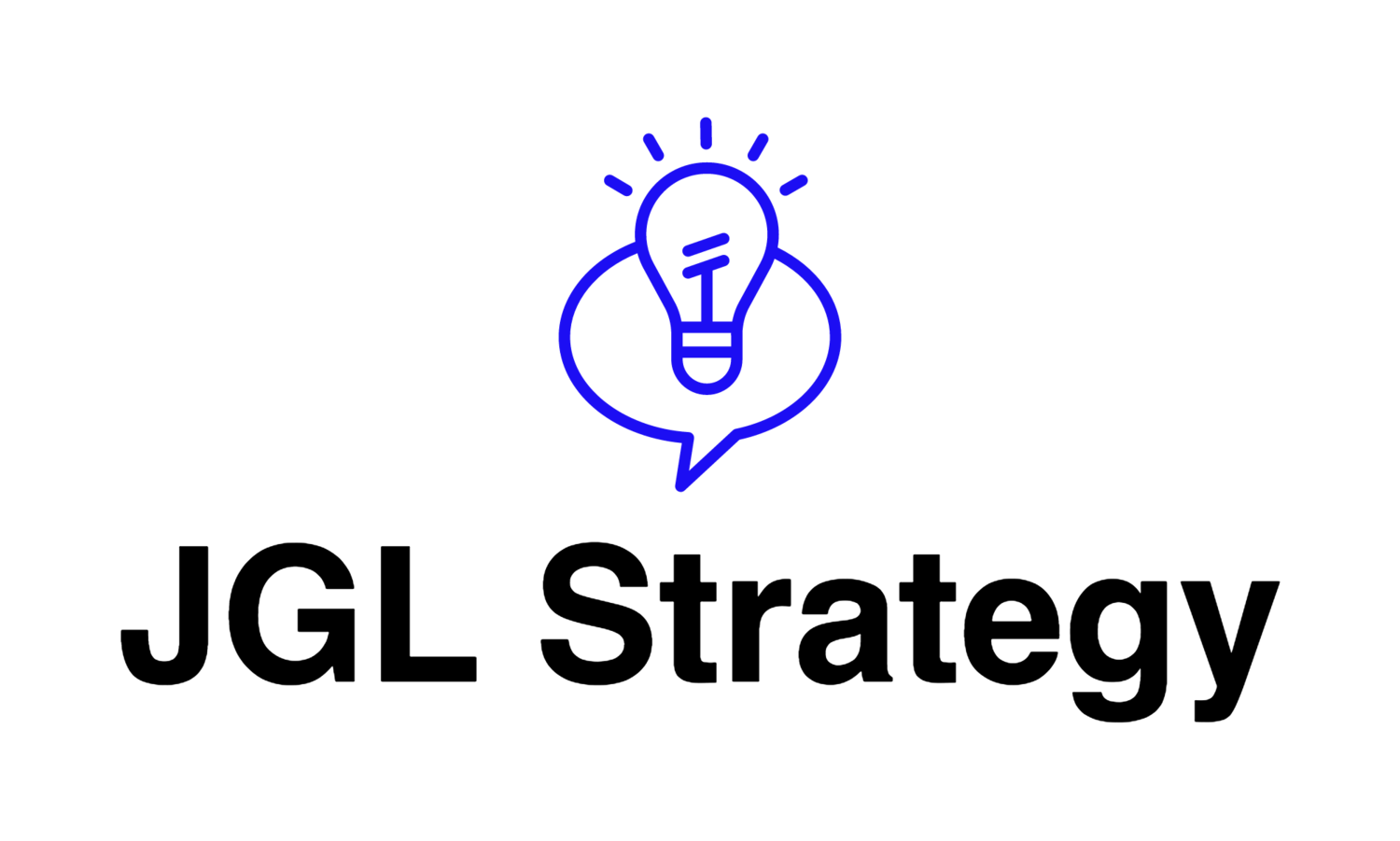The Best Books for Leaders, 2018
These are the books published this year that taught me the most about leading: about learning, listening, collaborating, and innovating for maximal impact. My comments for each book are intended to briefly introduce what I perceive to be a main source of value in each book, not to comprehensively summarize or criticize these works.
Amy Edmondson - The Fearless Organization
If you’ve worked with me in the past three or four years, you’ve probably heard me talk about psychological safety at least once. Psychological safety is a group-level dynamic in which people are comfortable expressing and being themselves- even when that means sharing concerns, mistakes, or warnings. Psychological safety is key to effective teamwork, innovation, collaboration, and impact; in short, it’s an essential ingredient to leadership in the 21st century. Amy Edmondson is world’s preeminent researcher of psychological safety and The Fearless Organization, rigorously evidence-based yet supremely practical, is thus far the definitive volume on the subject.
Heidi Grant - Reinforcements
Leading isn’t a solo activity. Human beings naturally want to be helpful but many of us - myself included - are not comfortable asking for the appropriate help at the appropriate time. This holds us back. The key to the best requests for help, and therefore to getting people to help you, Grant argues, is making the act of helping mutually beneficial. Usually lessons on this topic are easy to grasp on a cerebral level but difficult to implement in real world situations. This book bridges that gap in a way that I found, in a word, helpful.
Priya Parker - The Art of Gathering
Leaders show up and they invite others to show up as well. How does one make the most of the opportunities when your leadership resonates, when people do show up? How can we maximize for safe spaces for all? From the physical to the psychological to the emotional, Parker shares great advice on how to make your meetings, convening, conferences, networking gatherings, one-on-ones, etc. more effective, meaningful, and fun.
Tom Peters - The Excellence Dividend
The Excellence Dividend reads like the feisty younger sibling of 1982’s In Search of Excellence, co-authored by Peters and Robert Waterman. This book is direct and unrelenting in compiling the core elements of effective leadership that Peters has learned throughout a career spanning five decades. People and passion, not spreadsheets and software, will drive the best businesses of the 21st century. The little things - such as listening, investing in yourself & in your staff, and a genuine desire to helpful to others - done with care and done consistently are what leadership mastery is all about.
Edgar Villanueva - Decolonizing Wealth / Anand Giridharadas - Winners Take All
I’m grouping these two books together because, while hardly identical, I feel they prompt common questions framed with similar rhetoric: What is the measure of a leader? What is the measure of success? How do we think about what counts as “doing good”? How can we do better? Elite institutions and ultra-wealthy philanthropists are not spared by the critical eye of Villanueva or Giridharadas who speak truth to power regarding how dominant economic paradigms, privilege, and systemic inequalities are germs poisoning society, and how no amount of handwashing (or charitable giving) can rid society of those ills while operating within the framework that created those unjustifiable disparities in the first place. These books are food for thought that should oblige all readers and all leaders to consider shifting a few, or many, habituated mindsets about capitalism and philanthropy.
What books did you read in 2018 that made you a better leader, that made you think, or that made you want to give copies away to friends and colleagues? Please share in the comments section below.
Best wishes for 2019!
